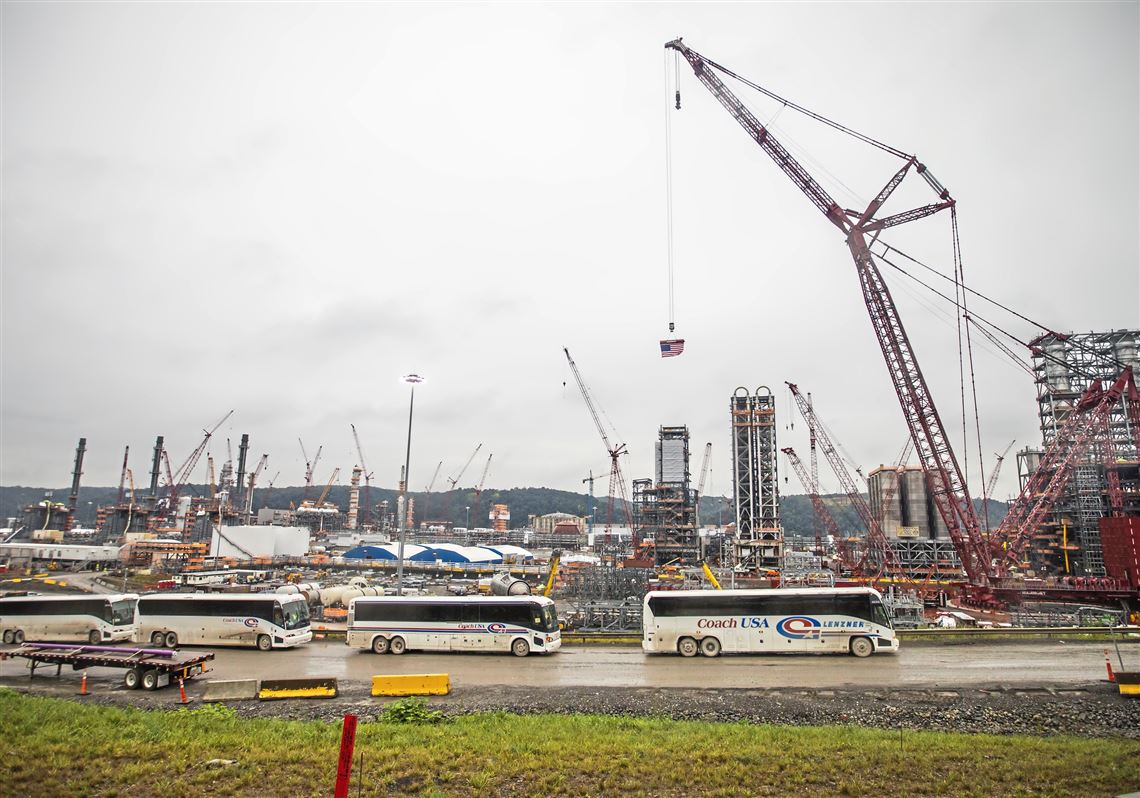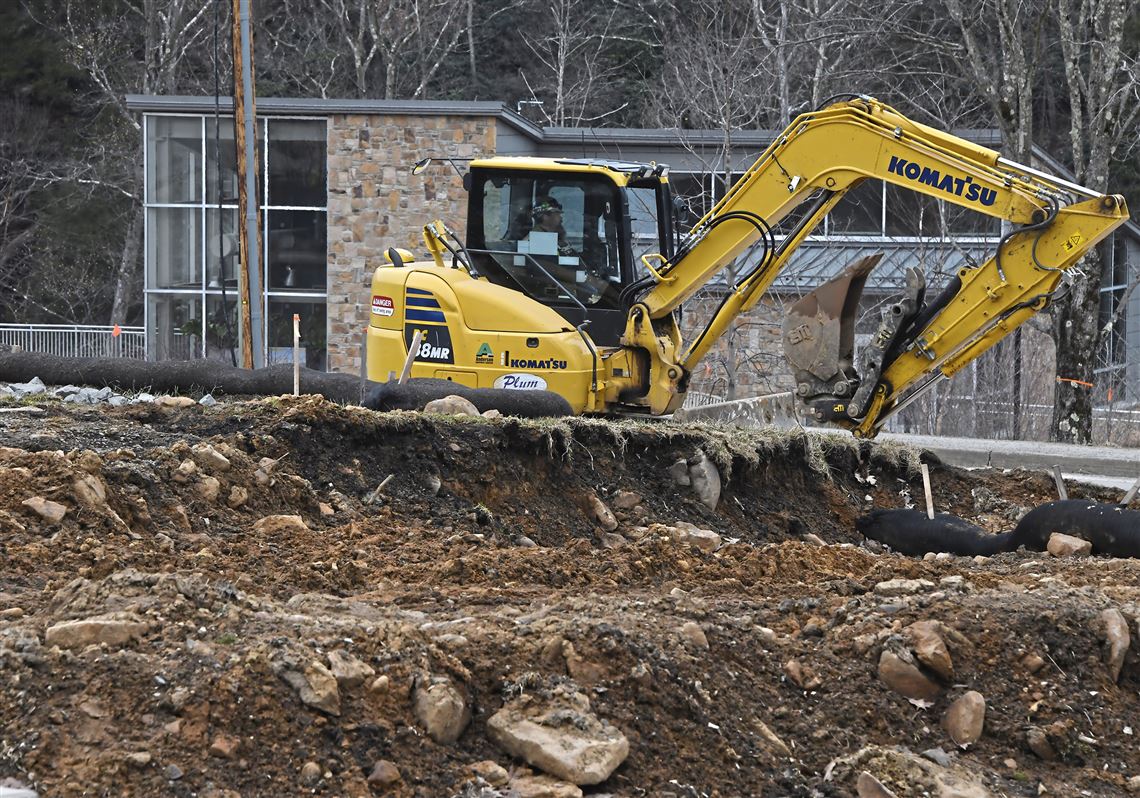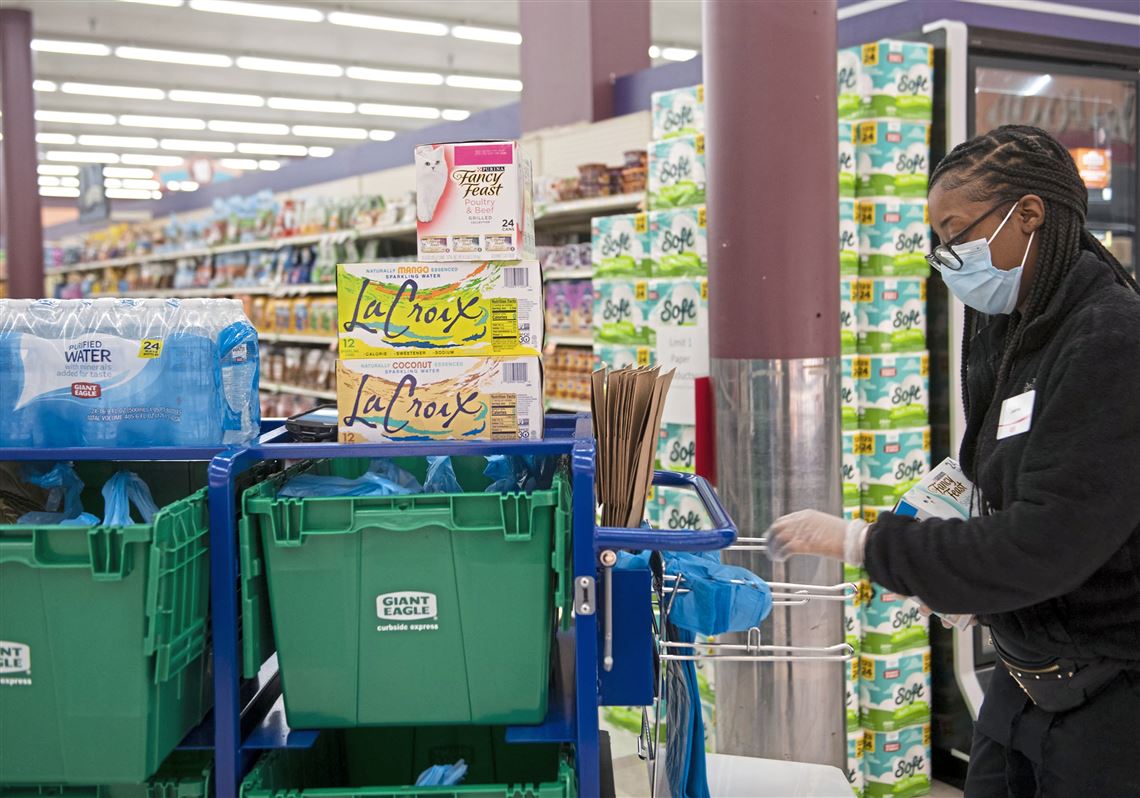Jan. 5, 2020
World Health Organization publishes news of a disease outbreak in Wuhan, China
Jan. 31, 2020
WHO declares global health emergency. Travel restrictions follow.
March 2020
Bantha Tea Bar in Bloomfield starts to experience stock shortages as tea imports from China and India delayed.

March 11, 2020
WHO declares COVID-19 a pandemic.
March 19, 2020
Gov. Wolf orders non-essential businesses to close, issues stay-at-home directive.
March 2020
“This is our Apollo 13 moment.” — David Taylor, president and CEO of the Pennsylvania Manufacturers’ Association. Manufacturers retool to make personal protective equipment.
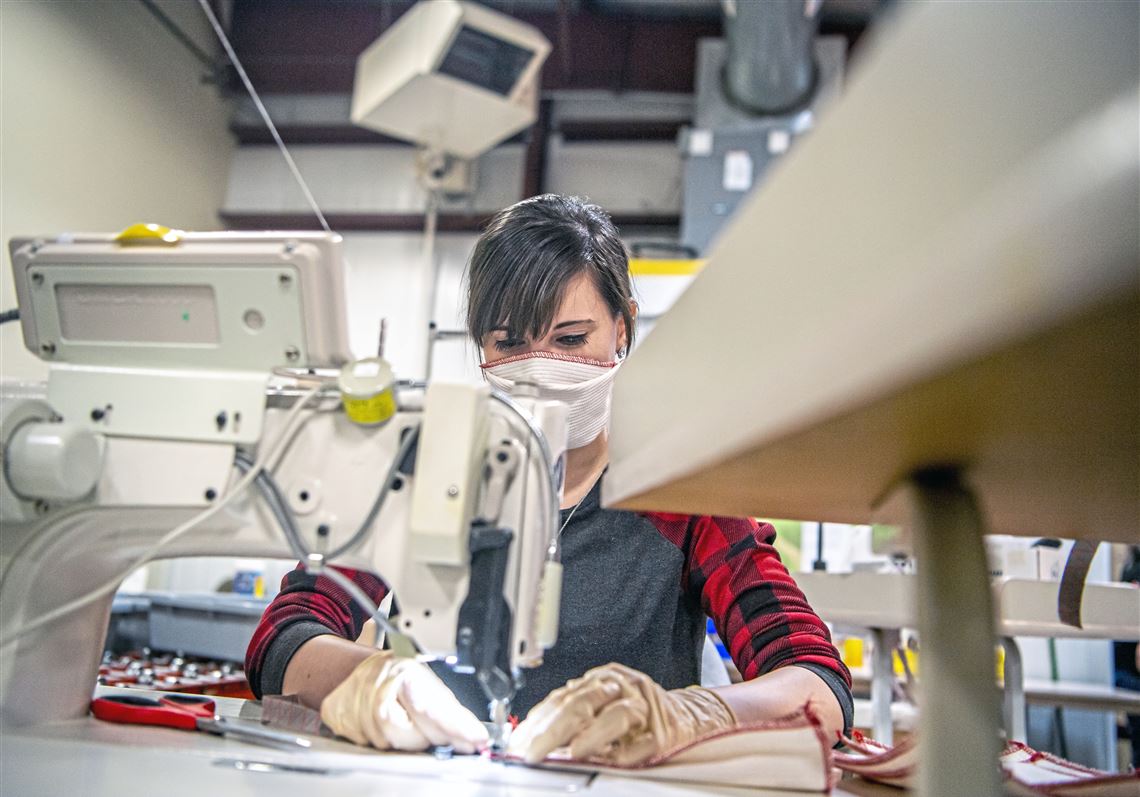
April 2020
Westmoreland County furloughs 475 employees, CCAC furloughs 116, while 264 workers go part time.

Spring 2020
A campaign to revitalize the image of Homewood’s historic business district is handicapped by the pandemic, as businesses struggle to stay afloat.

May 2020
Allegheny Health Network to lay off 250 employees, Highmark Health to eliminate 63 positions.
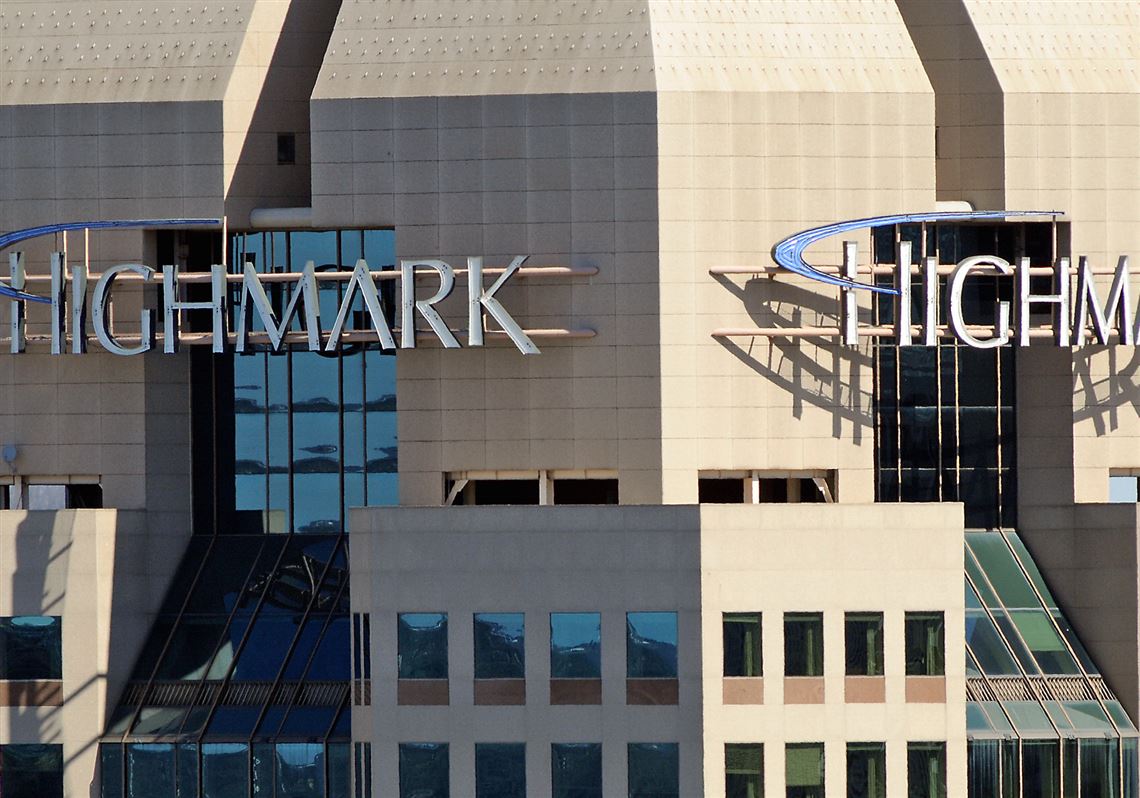
May 2020
With restaurants closed and Covid-19 spreading in meatpacking plants across the country, Giant Eagle and Shop ’n Save ration meat.

May 25, 2020
George Floyd is murdered by police in Minneapolis.
June 2020
PNC pledges $1 billion to fight systemic racism. The bank’s board of directors also formed a special subcommittee on equity and racial inclusion, and gave employees up to 40 hours of paid time off a year to volunteer in support of racial justice causes.
July 2020
One out of every two employers in southwestern Pennsylvania got federal stimulus loans, $3 billion in total.

July 2020
Covestro joins a list of Pittsburgh companies cutting salaries for workers and announcing layoffs.
Summer 2020
A group of Black executives launches the Executive Action & Response Network (EARN). “There is an emergency in Pittsburgh,” they write to corporate leaders to make the case for recruiting Black professionals for top executive roles.

Summer 2020
As businesses adjust to restrictions, breweries now deliver and home remodeling goes virtual.

August 2020
An eclectic mix of new businesses open in Pittsburgh, like Coop Chicken & Waffles on the North Side and pricey sneaker boutique Viral on the South Side.

August 2020
Reed Smith creates task force to improve the wellbeing of Black employees, and to engage in pro bono work to further equity, criminal justice reform and voting rights.
Fall 2020
Pittsburgh entertainment venues fold under the weight of the pandemic: Brillobox and the Rex Theater say goodbye.

2020
“I thought I was necessary.” — Hair stylist Brandon Potts, Trending Styles Unisex Salon between 14th and 15th streets.

September 2020
Pittsburgh Foundation announces a new Grantmaking for Racial Justice Fund.
September 2020
“In many ways, COVID and social justice intersected and really completely compounded the sense of urgency.” — Lisa Schroeder, president and chief executive of the Pittsburgh Foundation.

September 2020
Allegheny Health Network hires its first-ever chief clinical diversity and inclusion officer.
October 2020
Comcast launches grants and technology resources program to help Black small businesses hit by COVID.

November 2020
U.S. elects Joe Biden to replace Donald Trump as president.
Dec. 11, 2020
First COVID vaccine is approved for emergency use in U.S.
Dec. 11, 2020
Gov. Tom Wolf orders businesses shut down for three weeks as COVID-19 cases surge in Pennsylvania.


